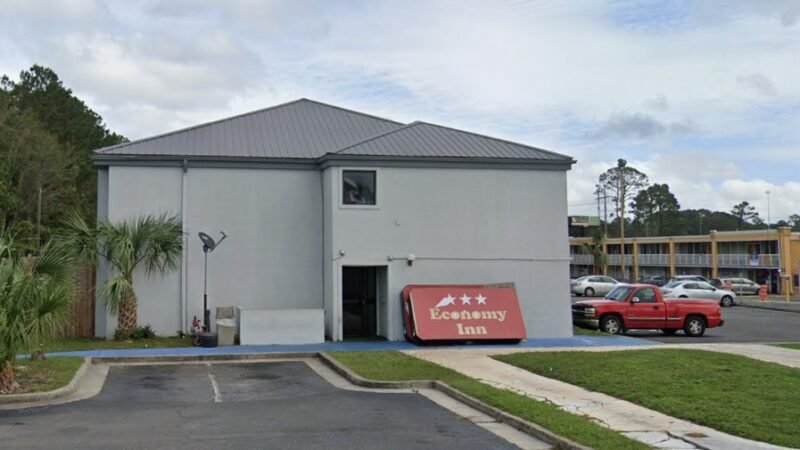Families embrace Georgia’s shift to small, inclusive schools
In the ever-evolving educational landscape of Georgia, a quiet but powerful transformation is taking place. Microschooling, an increasingly popular model of nontraditional education, is sweeping the Peach State, presenting parents with a beacon of hope and innovation.
If you couldn’t tell from the name, microschools are small by design, typically holding fewer than 15 students per class, with the goal of providing a more personalized, flexible, and community-centric approach to learning. Due to the unique nature of this model, it is becoming particularly popular amongst Black education leaders seeking to provide a more diverse and inclusive education.
One great example of this trend is PASS Pod, a thriving microschool in South Atlanta.
Started by April Jackson, a former public school, secondary education teacher and coach of teachers, Pass Pod provides youths aged 8–13 in vulnerable and marginalized communities with a culturally relevant and academically challenging learning experience. And the journey that led April to start her own microschool is much like that of others across the nation.
“I was exhausted,” April said. “Exhausted with seeing children enter middle school and high school unable to read beyond a third-grade level. Exhausted with attending and facilitating professional developments on the latest trending digital tool or teaching strategy, only to abandon it the next year for the latest hot topic. Exhausted with the celebrations of data of achievement that focused on growth while ignoring that a 60% pass rate meant a 40% fail rate.”
So, what did she do? Well, she did what many educators and parents are doing now. April combined her past teaching experience, academic expertise, and deep understanding of cultural nuances and the needs of marginalized communities to start PASS Pod.
“The teacher in a public school most often is forced to teach to the child in the middle,” April said when discussing her inspiration for starting PASS Pod. “We are here for the child that needs acceleration or remediation, which a larger class may not offer. For the family seeking learning opportunities that a typical curriculum does not offer, such as financial literacy, entrepreneurship, and problem- and project-based learning.
“For the right family, we are not just better, but the best option for serving and educating their children.”
This is a perspective that tens of thousands of parents are beginning to veer toward, particularly those in more marginalized communities, whose traditional educational institutions continue to let their children down. According to a recent study carried out by the National Microschooling Center, 27% of all prospective microschool founders nationwide are Black. In the same survey, the primary motivation for founding such microschools was reported to be to “provide opportunities to systemically underserved or marginalized individuals.”
With its focus on culturally inclusive learning and a flexible, individualized curriculum, PASS Pod is leading the way on this front. And if you talk to the children and parents at PASS Pod, they exude the same sort of passion for their microschool as April.
“The children love it,” April said of the excitement she sees from her children. “They love their self-directed learning. They also love going on field trips multiple times within a month.” And parents love it for the same reasons.
“Parents come to me because they don’t see boundaries in learning,” April explained. “They feel their child’s creativity is being stifled sitting inside a classroom. And since we can personalize learning, have more flexibility in curriculum choices, and foster community engagement, we are better able to serve their particular children.”
Such sentiments are growing among both parents and educators across America. One recent poll conducted by Edchoice found that nearly one in three parents is now either participating in some form of microschooling or actively looking to do so. This makes sense, as with families still reeling from the Covid-19 pandemic, parents are in search of fresh, innovative education options to bring their children back to speed. For many of them, microschooling is fitting the bill.
PASS Pod is emblematic of the microschool movement and even the greater school choice movement at large. It perfectly exemplifies how microschools and school choice cut across racial, economic, and geographical lines to best serve students of all learning styles. As more and more parents open their eyes to the benefits of microschooling, the position of microschools in the education space is only poised to grow.
Andrew Campanella is one of the nation’s leading experts on K-12 school choice. He serves as the President and CEO of the National School Choice Awareness Foundation, the 501(c)(3) nonprofit organization that hosts National School Choice Week each January.






